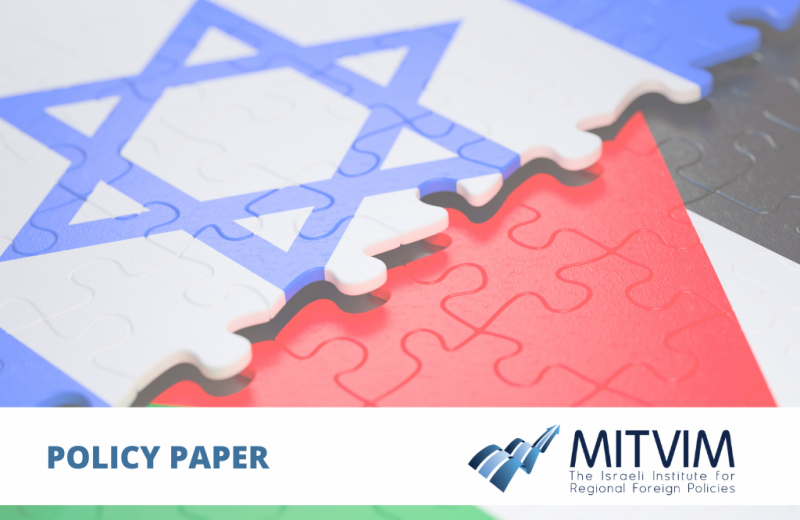
While the Israeli-Palestinian conflict seems only to deepen with each day, another trend is at play this year: unprecedented resources continue to grow to stem the polarization starting from the ground up, in order to lay the foundations for a peaceful and equitable future. In the second year of grant competition under the $250 million Nita M. Lowey Middle East Partnership for Peace Act of 2020 (MEPPA), the program points to new and unexpected opportunities even as NGOs strategize how to navigate a number of core challenges to their work.
Findings and recommendations in this paper cover:
● MEPPA’s first year, which revealed a stunning level of demand to implement peacebuilding projects.
● A breakdown and analysis of what to expect in MEPPA’s second year of grants, which has a framework that makes room for significant growth, leaning into conflict resolution, smaller grants for smaller local partners, and core new audiences.
● Challenges facing civil society peacebuilding work and responsive strategies. The current environment needs this work more than ever but rising extremists fear it and threaten it.
● The role that international public and private donors and allies can play in standing up for civil society, amplifying it, and scaling the impact for conflict-sized change. Indeed, despite otherwise contentious politics and despair, broad support for large- scale peacebuilding investments continues to grow in Washington and other capitals, including the UK, Canada, and the EU.


